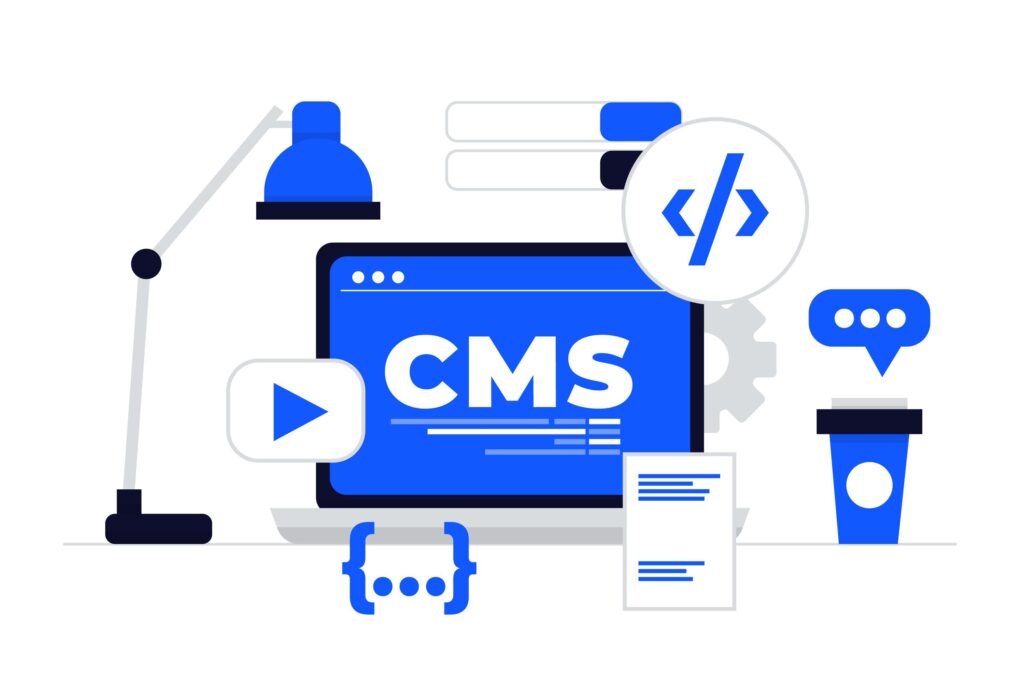What is a 301 Redirect: In the world of website development and SEO, ensuring that users and search engines reach the right page is crucial. This is where 301 redirects come into play. Whether you are revamping your website, changing domain names, or merging web pages, implementing 301 redirects correctly ensures a smooth user experience and preserves your site’s SEO value.

As a digital marketing agency or a website development company, understanding and applying 301 redirects effectively is essential to maintain website authority, rankings, and organic traffic. Let’s explore what 301 redirects are, how to use them, and how they impact SEO.
What is a 301 Redirect?
A 301 redirect is a permanent redirection from one URL to another. It informs search engines and browsers that the original URL has permanently moved to a new location. When visitors or crawlers attempt to access the old URL, they are automatically taken to the new one.
For example, if your old URL was:
👉 www.example.com/old-page
and you’ve changed it to:
👉 www.example.com/new-page
then a 301 redirect ensures anyone visiting the old page is sent to the new one without encountering a “404 Not Found” error.
In simple terms, a 301 redirect tells Google and other search engines:
“This page has permanently moved. Please index the new URL instead.”
When Should You Use 301 Redirects?
A 301 redirect is essential in several website management and optimization scenarios. The best digital marketing agencies in Hyderabad and the best SEO agencies in India often implement 301 redirects during:
- Website Redesigns:
When you redesign your site and change URLs, redirects ensure that all previous backlinks and rankings transfer to the new structure. - Domain Changes:
If you move your website from one domain to another (e.g., from www.oldbrand.com to www.newbrand.com), 301 redirects help retain your SEO equity and user traffic. - Merging Pages:
If two or more pages cover similar content, merging them into one authoritative page is beneficial. Using 301 redirects ensures all link value from old URLs is consolidated. - Deleting Pages:
When removing outdated or low-performing pages, use 301 redirects to guide users and bots to the most relevant alternative content. - Switching from HTTP to HTTPS:
Redirecting all HTTP versions to HTTPS ensures secure browsing and helps maintain SEO performance.
How to Implement 301 Redirects
Implementing 301 redirects depends on your website’s platform and server type. Here’s how website development companies and Shopify developers handle it:
1. On Apache Servers (.htaccess file)
Add this line in your .htaccess file:
Redirect 301 /old-page.html https://www.example.com/new-page.html
2. On NGINX Servers
Add this rule in your configuration file:
rewrite ^/old-page$ https://www.example.com/new-page permanent;
3. On WordPress Websites
You can use SEO plugins like Yoast SEO or Redirection Plugin to easily set up 301 redirects without coding.
4. On Shopify Websites
If you are working with the Best Shopify Development Company in India, you can set up redirects by navigating to:
Online Store → Navigation → URL Redirects → Create URL Redirect.
No matter the method, always test your redirects using tools like Redirect Checker or Google Search Console to ensure they function properly.
SEO Impact of 301 Redirects
A 301 redirect plays a vital role in preserving and transferring SEO value when URLs change. Here’s how they influence your website’s SEO:
1. Preserves Link Equity (PageRank)
A 301 redirect passes approximately 90–99% of link equity from the old URL to the new one. This means your backlinks, domain authority, and ranking power remain intact — a crucial benefit for maintaining organic visibility.
2. Improves User Experience
By automatically sending visitors to the correct page, 301 redirects prevent frustration and reduce bounce rates, which indirectly improves SEO performance.
3. Prevents Duplicate Content
If multiple URLs display the same content, setting 301 redirects consolidates them, helping search engines identify the canonical version and avoiding duplicate content penalties.
4. Helps During Website Migration
When a digital marketing agency or website development company migrates a website, 301 redirects are key to maintaining rankings and traffic. Without them, your site could lose visibility and authority.
5. Enhances Crawl Efficiency
Redirects guide search engine crawlers efficiently through your new website structure, ensuring all important pages are indexed correctly.
Common Mistakes to Avoid with 301 Redirects
Even the best performance marketing agencies in India can face SEO setbacks if 301 redirects are misconfigured. Avoid these errors:
- Redirect Chains: Multiple redirects (A → B → C) slow down page speed and confuse crawlers. Always redirect directly (A → C).
- Redirect Loops: Never redirect URLs back to themselves; it causes infinite loops.
- Redirecting All Pages to the Homepage: Each old page should redirect to a closely related new page to preserve context and SEO value.
- Forgetting Internal Links: Update your internal links to point to new URLs rather than relying solely on redirects.
Final Thoughts
A 301 redirect is one of the most powerful tools in your SEO toolkit. Whether you’re running a digital marketing agency, managing a website development company, or representing the best Shopify development company in India, using 301 redirects strategically ensures your website maintains its SEO performance, link equity, and user trust.
For brands aiming to grow online, partnering with the best digital marketing agency in Hyderabad or the best SEO agency in India can make the transition smoother and more effective. Properly implemented 301 redirects not only preserve your rankings but also strengthen your website’s overall authority — a crucial step toward long-term online success.
digital marketing agency, best digital marketing agency hyderabad, best performance marketing agency in india, website development company, Best SEO agency in india, Best Shopify development company In India


